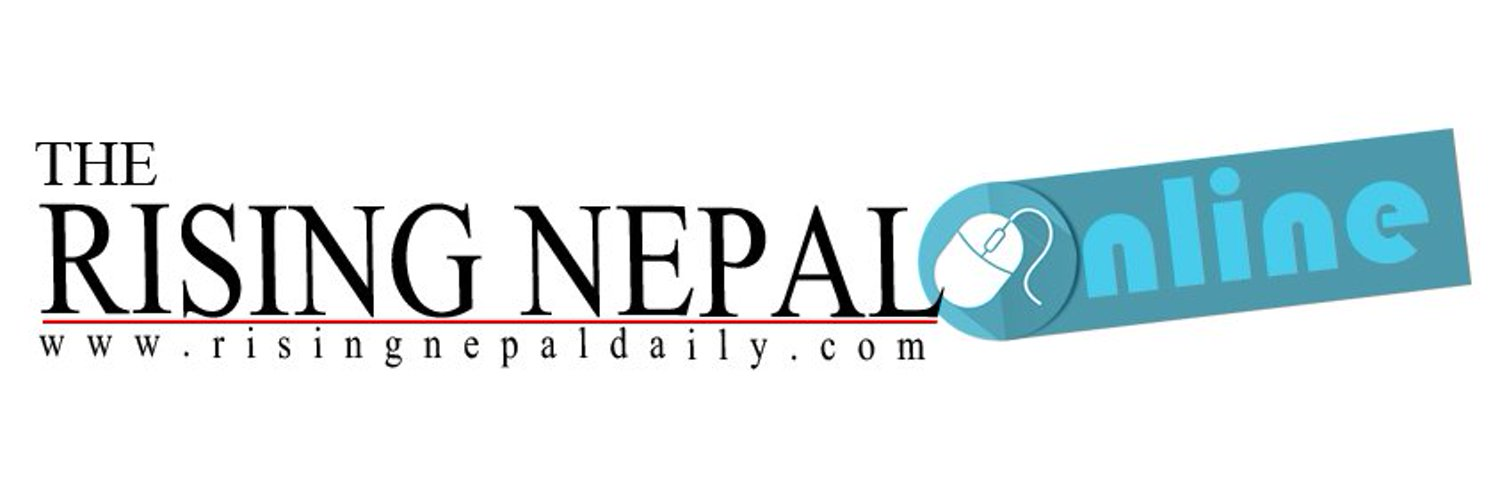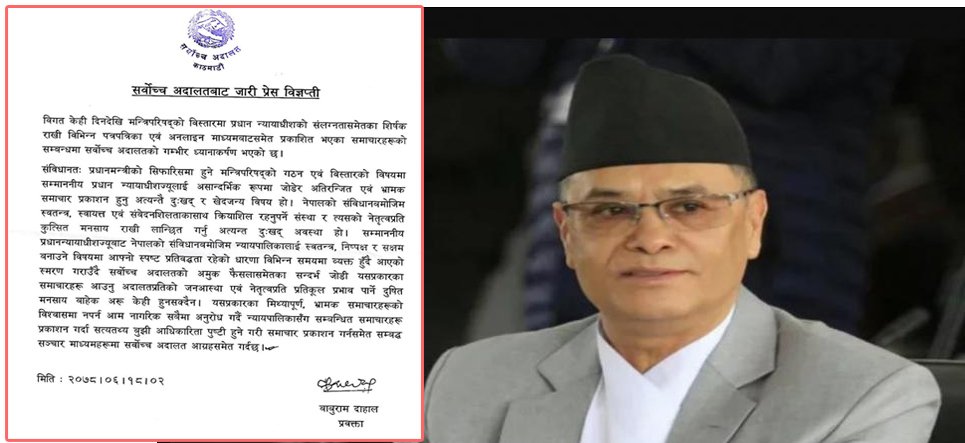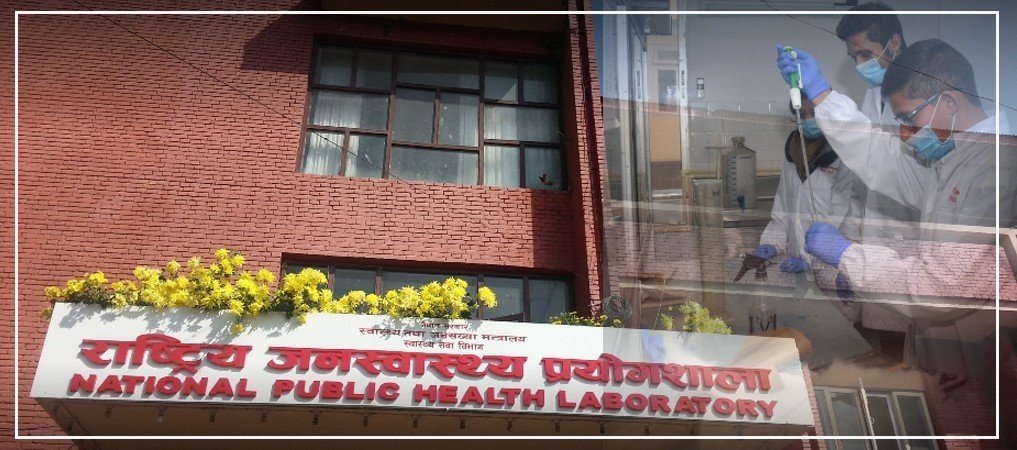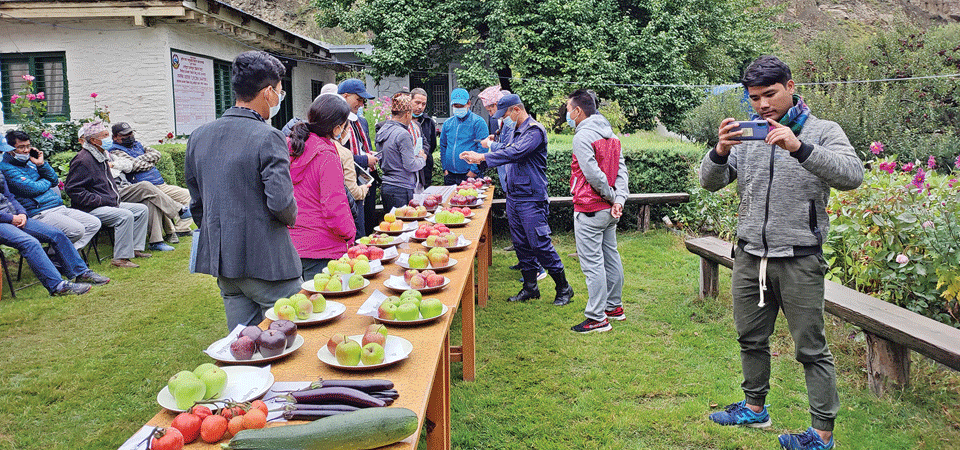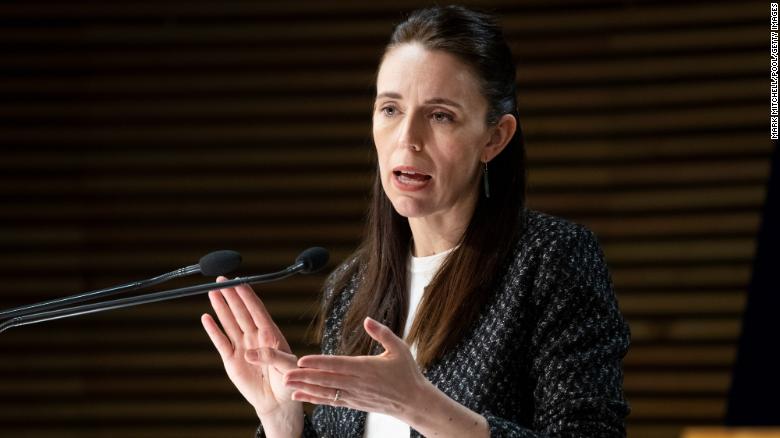Japan adding more hospital beds in plan for next virus surge

By MARI YAMAGUCHI, TOKYO, Nov. 12 (AP) — The Japanese government’s preparations for the next virus surge include adding thousands more hospital beds to avoid a situation like last summer when many COVID-19 patients were forced to stay home, even while dependent on oxygen deliveries.
Even though Japan has a reasonable health insurance system and the world’s largest number of beds per capita, COVID-19 patients were admitted to only a fraction of the beds, mostly at public, university and major private hospitals. The government has provided subsidies to lure more hospitals to treat such patients, but progress is slow, triggering calls for tougher measures in an emergency.
Small private hospitals have been reluctant to accept COVID-19 patients, citing insufficient expertise to handle infectious diseases, lack of staff or the cost. Some prefectures have set up systems where those hospitals would accept patients who are no longer infectious and rehabilitating from serious illness after treatment at bigger hospitals.
Virus measures are key to Prime Minister Fumio Kishida’s weeks-old government maintaining its grip on power after public dissatisfaction with his predecessor’s response — criticized as too little and too slow — precipitated the change in government.
The new roadmap of coronavirus measures, adopted Friday by a meeting of key Cabinet ministers, says the government will have hospitals allocate more beds for COVID-19 treatment by the end of November so that up to 37,000 patients, up from 28,000, can be admitted if infections increase considerably from an earlier wave in the summer.
In mid-August, when new daily cases surged to about 25,000 and health care systems partially collapsed, many patients were unable to find hospital beds and had to get supplemental oxygen and food delivered to their homes. Some died at home.
This prompted the government to set up several medical facilities to accept patients requiring medical attention while waiting for hospital vacancies. Kishida said the government will nearly double the capacity of makeshift hospitals to 3,400, and increase capacity at hotels, where patients with less serious cases can stay, to 61,000 rooms.
“It is important to anticipate a worst-case scenario and take concrete actions to prepare for a next expansion of the infections,” Kishida said at the meeting. “We will promptly secure the medical systems, ensure the process of prevention, detection and early treatment by promoting vaccination, testing and oral pills, in order to reduce the risks of serious cases.”
With nearly 75% of the population fully vaccinated and risks of developing serious cases reduced, more patients are likely to have slight symptoms that won’t require hospitalization, and more attention should go to patients at home, experts say.
“It seems securing hospital beds is overemphasized,” said Koji Wada, a public health professor at the International University of Health and Welfare. “Examples in other countries with vaccination progress suggest patients staying at home are likely to increase, and preparations for that seems lacking.”
The government will have 32,000 primary care doctors and medical institutions monitor or provide medical consultations online for patients at home to address their unease, Kishida said.
Kishida pledged to begin booster shots next month for adults who had been fully vaccinated eight months earlier. The roadmap also pledges the government will secure up to 1.6 million doses of oral medicine to treat COVID-19 and get their approval by the end of this year. The pills are largely for patients with slight symptoms who are expected to stay home, though that would require monitoring by medical staff.
The government aims to gradually expand social and economic activities but is still careful about easing border control for foreign tourism
Recent News

Do not make expressions casting dout on election: EC
14 Apr, 2022
CM Bhatta says may New Year 2079 BS inspire positive thinking
14 Apr, 2022
Three new cases, 44 recoveries in 24 hours
14 Apr, 2022
689 climbers of 84 teams so far acquire permits for climbing various peaks this spring season
14 Apr, 2022
How the rising cost of living crisis is impacting Nepal
14 Apr, 2022
US military confirms an interstellar meteor collided with Earth
14 Apr, 2022
Valneva Covid vaccine approved for use in UK
14 Apr, 2022
Chair Prachanda highlights need of unity among Maoist, Communist forces
14 Apr, 2022
Ranbir Kapoor and Alia Bhatt: Bollywood toasts star couple on wedding
14 Apr, 2022
President Bhandari confers decorations (Photo Feature)
14 Apr, 2022
